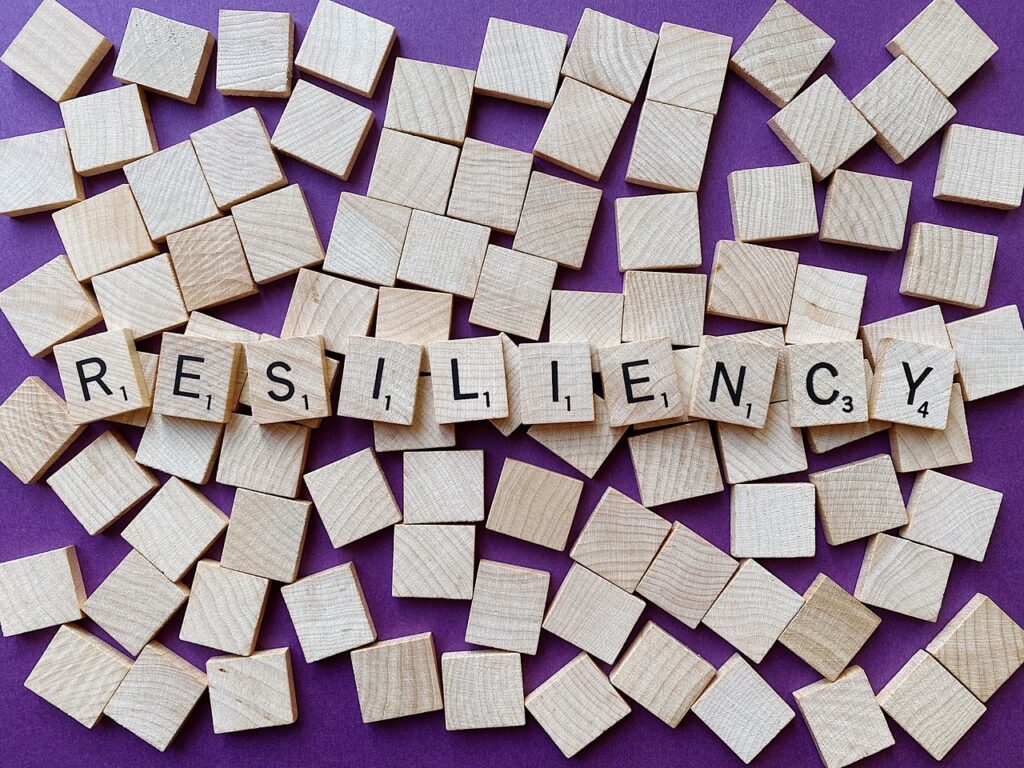An executive coaching client recently wrote to me about the weeks after we’d had our final session. Penny said she was feeling ‘more confident and peaceful’ in this time. Indeed, while I’m accustomed to clients feeling more confident, her use of the word ‘peaceful’ was notable to me.
Finding Peace in Challenging Situations
Penny was an individual coaching client, enjoying sessions on her own. However, her word ‘peace’ was one I’d increasingly heard from more Peak Resilience Accelerator (PRA) clients. Indeed, while I’d worked with Penny for over a year in our executive coaching sessions (compared to the 8 weeks of the PRA programme) I’d taken many of the tools I used in PRA into our sessions.
As part of our time together, I helped Penny identify the unhelpful voices or ‘saboteurs’ that plague us all. We all have these voices that create self-doubt. However, they ‘speak’ to us in a combination unique to ourselves. Talk about unwanted personalisation!
Penny had used the short Saboteur Assessment to identify her inner ‘Stickler’ and ‘Hyper-Vigilant’ saboteurs. All too often, these drove her internal dialogue, so unpicking and quietening their voices was vital during our executive coaching sessions. She had worked with me during a particularly difficult time for her as a STEM professional.
As a Defence expert, her unique skills were in demand, but her employer – who had hired her because of her ‘different’ voice, increasingly didn’t value that voice. Indeed, after receiving both positive appraisals from her direct reports but low appraisals from some of her male peers for being ‘difficult,’ she retorted: ‘I can’t be responsible if people are prejudiced against confident and competent middle-aged women.’
Reframing Losses as Wins
Despite our best efforts to turn those colleagues around, Penny discussed with me over several months the prospect of leaving. She couldn’t take the continual demoralisation – a first for her in her career. In the end, she was pushed before she could jump, and was made redundant. While she logically could see leaving was what she wanted; she resented that it hadn’t been her decision.
However, in the months after she left, she recognised how much better she felt out of the eye of the storm. With distance, she saw the reality that much of the stress had been situational and not of her making. They were looking for a scapegoat for internal sales difficulties, and increasingly her ‘difference’ provided that for her peers. The important thing for Penny was that once out of it, she could see how taking it personally was neither accurate nor useful to her.
In our last e-mail exchange, Penny said that the work we’d done together focusing on the wins of her longer career – rather than her normal focus on ‘her mistakes and ‘losses’ of the last few months in a single organisation – had been vital. This is what had given her the peace and confidence in the future; the realisation she was not defined by this role and that she would find a better fit elsewhere. Penny’s ‘evidence,’ the type I focus on with my clients, reminded her that this bad job was an anomaly, not her reaction to it.
Ask Yourself:
- What’s the feedback I get from the people all around me? Not just one or two people?
- What else is going on for the naysayers that may be influencing the type of feedback they are giving?
- Based on my evidence, what can I remind myself to not take this all so personally?
Curious about which of your saboteurs is the loudest? Take this free short assessment that all of my ‘Peak Resilience Accelerator’ clients use. If you’re interested in hosting a group with me in your organisation, get in touch.





